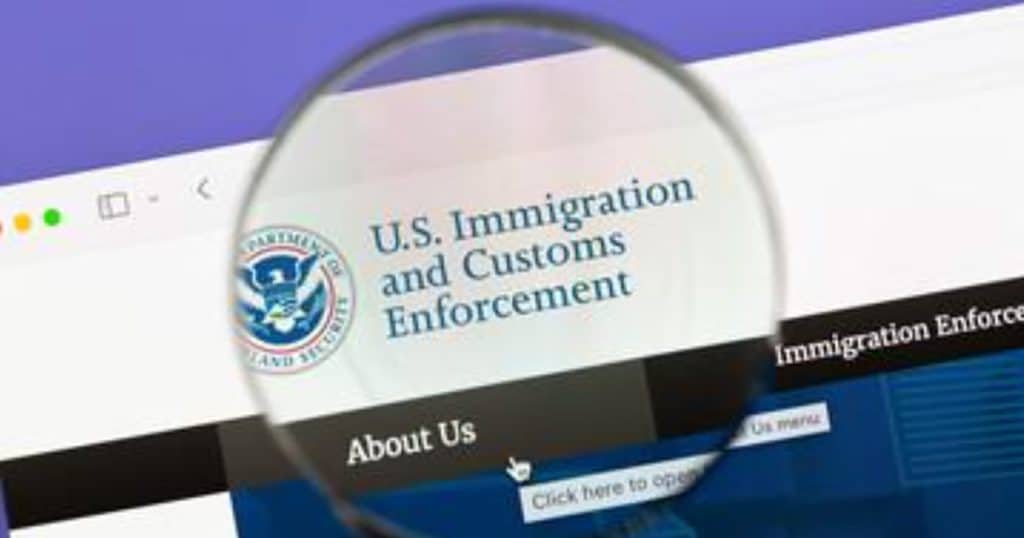In today’s legal landscape, immigration enforcement has become an increasingly pressing issue. For many families and individuals, an unexpected visit from U.S. Immigration and Customs Enforcement (ICE) can be both intimidating and overwhelming. However, it’s important to remember that, regardless of your immigration status, you have constitutional rights designed to protect you from unlawful searches, detention, and questioning.
If ICE Comes to Your Business
If ICE agents show up at your place of business, knowing your rights and the rights of your employees is crucial.
- Ask for a Warrant. ICE must have a judicial warrant to enter non-public areas of a business. If they present a warrant, carefully review it to ensure it is valid and signed by a judge. Administrative warrants (such as Form I-200 or I-205) do not permit ICE to enter private areas without consent.
- Limit Their Access. ICE can only enter public areas (like a lobby) without a warrant. Politely but firmly deny access to non-public areas unless they present a valid judicial warrant.
- Protect Employee Rights. Inform employees that they are not required to speak with ICE agents or answer questions about their immigration status. Employees have the right to remain silent and request an attorney.
- Document the Visit. Record details of the encounter, including the agents’ names, badge numbers, and any documents they present. If possible, have a manager or designated staff member witness and document the interaction.
- Contact Legal Counsel. Notify your attorney immediately. Do not provide ICE with any records or employee information without legal advice.
- Develop a Workplace Plan. Create a plan outlining how staff should respond to ICE visits. Train managers and employees on their rights and how to handle enforcement situations. Designate a point person to interact with ICE and legal representatives.
By taking these steps, you can protect both your business and employees from potential violations of their rights. Prevention and preparation are key to mitigating the risks associated with unexpected ICE visits.
You can also share with your employees should ICE show up at their residence.
- Stay Calm and Do Not Open the Door: You have the right to remain silent and do not need to let ICE agents into your home unless they present a valid judicial warrant.
- Request to See the Warrant: Ask ICE agents to slip the warrant under the door or hold it up to a window.
- Verify the Warrant: A valid judicial warrant is issued and signed by a judge. It will include your name and address. Without this, ICE cannot legally enter your home. Administrative warrants or other documents signed by ICE officials are not sufficient.
- Exercise Your Right to Remain Silent: You are not required to answer questions or share your immigration status.
Understanding Judicial Warrants
A judicial warrant is issued and signed by a judge and allows law enforcement to conduct specific actions. If ICE agents attempt to enter your home, they must present a judicial warrant with your name and address. Warrants issued by ICE (often labeled “administrative warrants”) do not grant agents the authority to enter private residences without consent. Look at the top and at the signature line to see if it was issued by a court and signed by a judge. Only a court/judge warrant grants ICE permission to enter your premises.
We understand this information may be concerning. Don’t hesitate to contact our offices if you have further questions or need assistance.
You may also review the information provided by the American Civil Liberties Union (ACLU) SoCal and NorCal or the National Immigrant Justice Center sites linked here.

